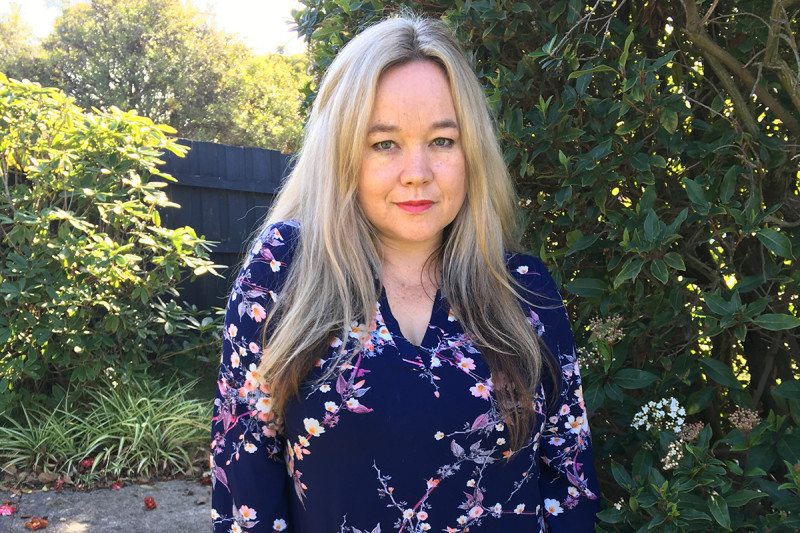
Natalie Coutts
When Natalie Coutts’ nephew, sister and uncle died from cancer in the space of five years, doctors were puzzled.
They seemed far too young – her nephew, who died of a brain tumour, was only 6. Her sister died at just 29 from soft-tissue cancer, and her uncle at 49 from pancreatic cancer.
“The doctors told us, ‘It isn’t normal for so many young people in one family to pass away from cancer’,” says Coutts, who is now 41 and lives in Melbourne.
When some of her relatives underwent genetic testing in the early 2000s, they discovered they had Li-Fraumeni syndrome – a rare hereditary condition caused by mutations in a gene called TP53. The mutations, which occur in about 1 in 10,000 people, greatly increase cancer susceptibility. Half of carriers develop cancer by the age of 30, and the overall lifetime risk is almost 100 per cent.
Coutts’ father – who recently died of leukaemia – turned out to be a carrier. So did her aunt, who recently lost her life to lung cancer. Two of her siblings also tested positive – one remains cancer-free and the other died of other causes.
Test quandary
For a long time, Coutts was unsure about doing the genetic test. “I um-ed and ah-ed for five years,” she says. “When you don’t know, you can cling on to the possibility that you might be negative,” she says. “But that limbo is also very unpleasant, so in the end, I decided I needed to know.”
When she finally took the test in 2009, at the age of 33, she was confirmed as having a TP53 mutation. “It was absolutely devastating,” she says.
But now, Coutts’ prospects are looking brighter. In 2012, she joined a trial at the Garvan Institute of Medical Research in Sydney with 29 other people who have Li-Fraumeni syndrome. The aim of the study was to see if having a whole-body MRI scan each year could detect cancers before they turned deadly.
So far, the screening technique has spotted tumours in Coutts’ uterus and kidneys. They turned out to be benign, but Coutts is glad they were picked up and removed anyway. “I don’t care how many times I’m under the knife because I have children and I want to be around for them,” she says. “I want every lump and bump investigated because there’s such a high risk of cancer.”
Medical treadmill
In addition to whole-body MRI, Coutts also has regular colonoscopies, skin checks, breast exams and blood tests. She doesn’t mind feeling like she’s on a medical treadmill because it makes her feel like she is in control. “I always get anxious in the lead-up to each test and think they’re going to find something,” she says. “But then I get screened and told everything’s OK and I can have a break from the GP.”
Coutts recently had her 6-year-old son tested for TP53 mutations and found out he’s not a carrier. “It was the best news ever,” she says. Her 21-year-old daughter is still deciding whether to take the test. “I want it to be her choice because it’s such a big thing to know. Finding out at that age could completely change your outlook on life.”
The Garvan trial has now confirmed that whole-body MRI is effective at spotting cancers in people with Li-Fraumeni syndrome while the tumours are still at an early, curable stage – something Coutts finds reassuring for her and her family.
“I still have a letter from years ago from a doctor who told me there was no guarantee that screening would help me or extend my life,” she says. “But now it’s been proven to work and it’s a huge help – I wouldn’t have it any other way.”
[“Source-newscientist.”]
